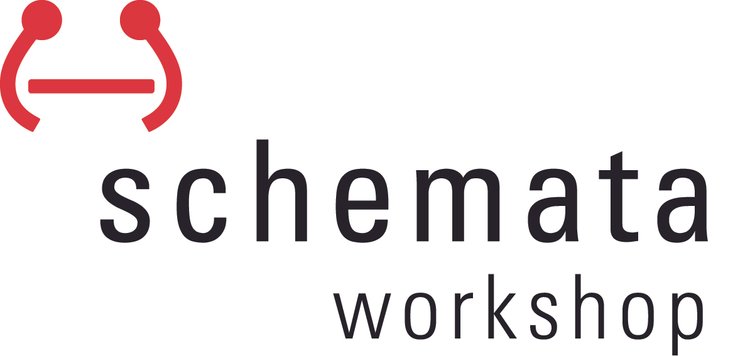Schemata Workshop is excited to announce that Principal Geoff Anderson has been selected as a participant in the Leadership Tomorrow (LT) class of 2021.
LT is an intensive civic leadership program focused on interconnections between elements of Seattle Foundation’s “Healthy Community” framework. The program helps participants further develop their leadership skills and practices, focusing on the goal of creating a healthy, just, and inclusive Puget Sound region. In particular, the program has been actively evolving its approach to racial equity, supporting participants’ development as antiracist civic leaders.
Geoff’s reflection:
I am grateful to have been selected to partake in the Leadership Tomorrow program. Throughout the year, we will research various topics as they relate to leadership and racial equity. Monthly Challenge Days will allow us to meet and discuss these issues – working with and learning from community leaders, and exchanging ideas with our LT classmates. As I progress through the program, I will be writing short summaries on the SLOG that capture my personal impressions of each month’s research and discussions on the Challenge Day topics.
Challenge Day 1: Neighborhoods + Communities
Redlining Map of Seattle | National Archives, Seattle Public Library online collections/Courtesy of Wing Luke Museum
Out of all the topics we will discuss this year, this first -- on neighborhoods and communities -- is the one I felt I already understood best. As an architect, I have spent my entire career devoted to community-based projects such as affordable housing and recreation facilities. I have advocated for healthy community development within the profession and the larger Seattle community. Although I was already aware of many of the issues they presented in the study, I recognized that I always had more to learn, especially from the other leaders in the program.
The mural outside the Seattle Mennonite Church in Lake City, Seattle, which reads “We at Seattle Mennonite Church acknowledge that we are on the unceded ancestral lands of the Duwamish people. A people that are still here, continuing to honor and bring to light their ancient heritage.”
Each of our LT meetings begin with a Land Acknowledgment, recognizing that we occupy the ancestral lands of the Duwamish and other native tribes, and that we honor the land and the tribe itself. Coincidentally, around the same time we were learning the value of land acknowledgement, Schemata was selected to work on an affordable housing project with the Seattle Mennonite Church in Lake City. Even in the early stages of the project, Seattle Mennonite Church has expressed their gratitude to the Duwamish people, and their interest in expressing this value and respect as a central aspect of their project. In fact, the church currently has a Land Acknowledgement painted into a mural on the side of their existing building.
Starting with a recognition of the ancestral lands seems particularly poignant when delving into the topic of neighborhoods and communities. The first readings we explored were related to this fact, and gave us a better understanding of the tribal history of the region. To date, the Duwamish have been unsuccessful at achieving federal recognition, despite the treaty history and current appeals status. To learn their history and contribute “Real Rent” in support of the Duwamish people, visit their website: https://www.realrentduwamish.org/.
The specific topics we covered were land transfers, eviction moratoriums & prevention, wealth creation & homeownership, and community resilience. The history of redlining, and the resulting generational wealth gap, are concepts that I have known about for years. However, at LT we delved even further into the extent to which these continue to widen the gap in wealth and homeownership over the past 50 years, despite progress on civil rights. We can all appreciate that homeownership is the single greatest wealth builder in American society. We need to work harder to provide opportunities for affordable home ownership that removes the embedded racial barriers that still exist. For example, adjusting credit score models to allow for utility bills or rent to be included, or finding other ways to evaluate a borrower’s creditworthiness. We can also advocate for Opportunity Zones that specifically call for homeownership opportunities to encourage development in underserved neighborhoods.
As I continue to collect news stories and articles related to this topic, I hope to improve my advocacy, not only for affordable housing, but also for other systemic solutions to racial inequity; and to be able to continue to develop my antiracist lens that I will carry through all my leadership work. - Geoff Anderson
Stay tuned for the second installment of Geoff’s reflections, coming next week!




